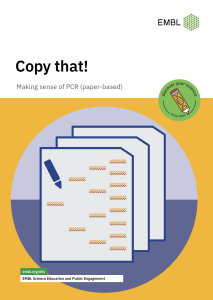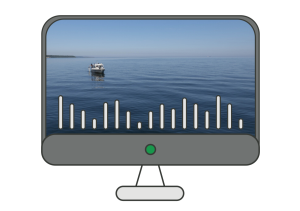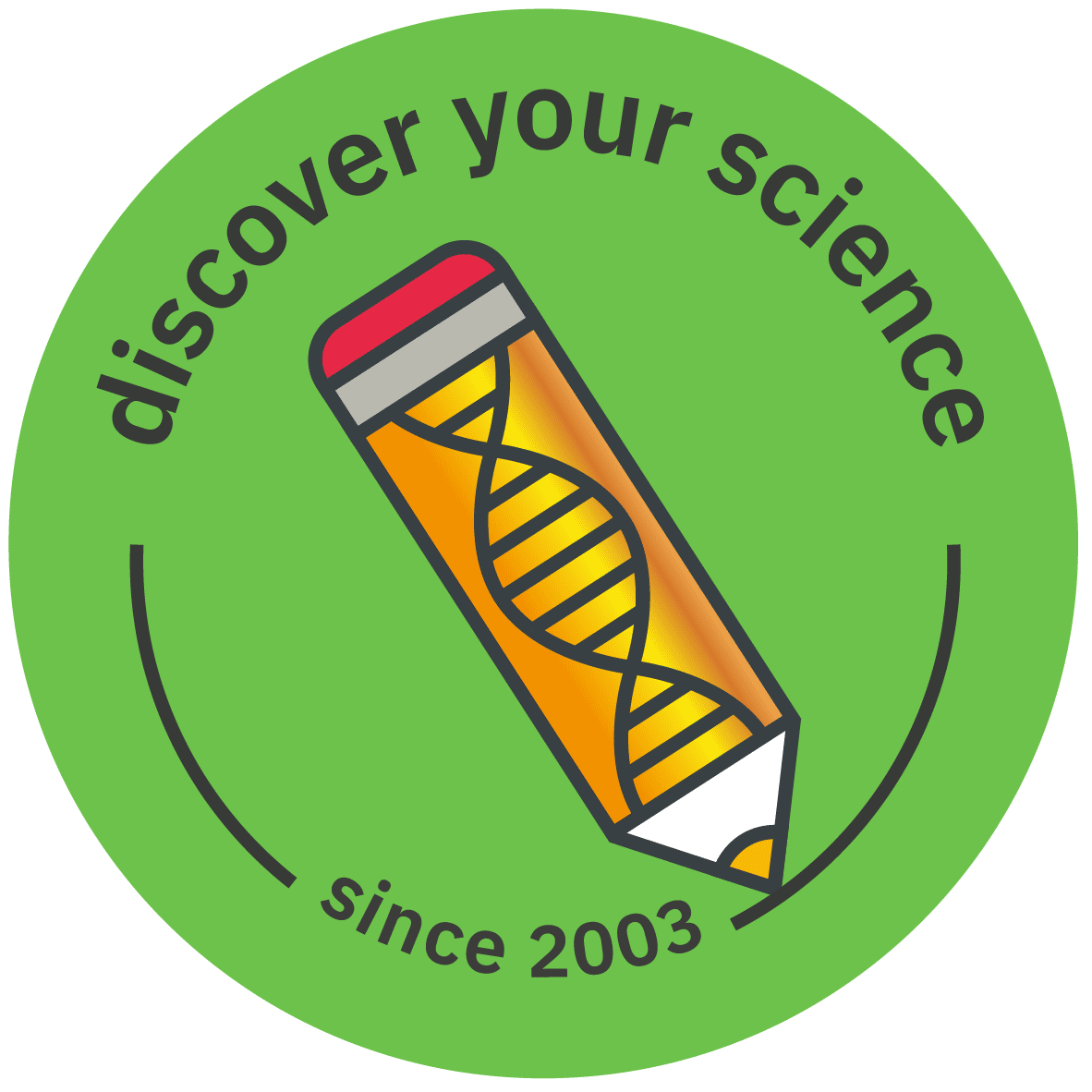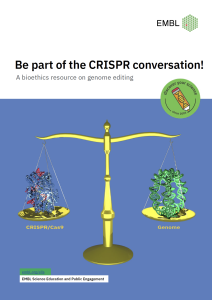
Ocean diversity – resource collection
Ocean diversity
Teaching ocean diversity
Lecture
EMBL Insight Lecture on ocean diversity
At the end of March 2012, the research vessel Tara completed her 60 000 nautical mile journey across the world’s major oceans to study the tiny organisms that make up roughly 98% of the ocean’s biomass, yet about which scientists know so little. The Tara Oceans expedition, co-led by EMBL’s Eric Karsenti, has collected tens of thousands of samples from more than 150 field stations at sea and stopped in over 50 ports in a bid to understand better how marine life will react to impacts such as climate change and pollution. And it has provided a fantastic adventure for the crew involved. In this EMBL Insight Lecture, Eric Karsenti talks about this scientific adventure.
Length of lecture: 1:15 hour
Interview
The origin of the Tara Oceans expedition – an interview with Eric Karsenti
Plankton’s role in regulating the climate on Earth is of similar importance as that of the rainforests. Yet, only a small fraction of plankton organisms have been classified and studied.
Former EMBL senior scientist Eric Karsenti is a renowned molecular biologist as well as an experienced sailor. Inspired by Charles Darwin, he decided to combine his passions and organise a modern-day expedition to better understand life in the oceans. In this interview, Eric explains the genesis and relevance of the Tara Oceans research expedition, summarises key findings, and tells us about life on board the schooner.
Length of interview: 4 min.
Exploring research on ocean diversity
Exhibition
Tara Oceans Exhibition
Interactive poster exhibition presenting the first scientific results from the Tara Oceans expedition which collected genetic, morphological, and physico-chemical samples from 210 marine stations across the world oceans.
Microscopy
How plankton gets jet lagged
One of the world’s largest migrations – the daily up and down movement of plankton in the ocean – is probably driven by melatonin, a hormone that governs our sleep patterns. EMBL Postdoc Maria Antonietta Tosches explains.
Length of clip: 1:13 min.
Further reading
Further reading on ocean diversity research
An ocean odyssey
A journalist who spent six weeks chronicling life on board Tara reflects on the extraordinary outcomes from the expedition.
We all come from the ocean
Eric Karsenti’s dream of combining his loves of biology and sailing set in motion the Tara Oceans expedition
Ocean pollution
Teaching ocean pollution
Hands-on activities
„One scoop in a cone, please!“ An interactive science labbook on ocean pollution
Plastic pollution poses a great threat to the environment. Every year, more than 8 million tonnes of plastic end up in the oceans, endangering marine life. “‘One scoop in a cone, please!’ – An interactive science labbook on ocean pollution“ introduces children between 5 and 8 years old to the issue of marine plastic pollution.
Exploring research on ocean pollution
Mission Microplastic
Mission Microplastic
Throughout her various expeditions, the schooner Tara has been collecting small particles of plastic – known as microplastics – in virtually all of her nets. Inspired by this growing problem, the newest mission of the Tara Ocean Foundation, Mission Microplastics, studies the nature of plastic pollution in European waters.
Length of clip: 1:30 min.
Further reading
Further reading on ocean pollution research
The origins of plastic pollution at sea
Learn more about the Mission Microplastic which aims to explore the origins of microsplastic waste in the oceans and rivers and its impact on biodiversity.
Further material
Explore more EMBL research
Image gallery – EMBL Insight Lecture 2012
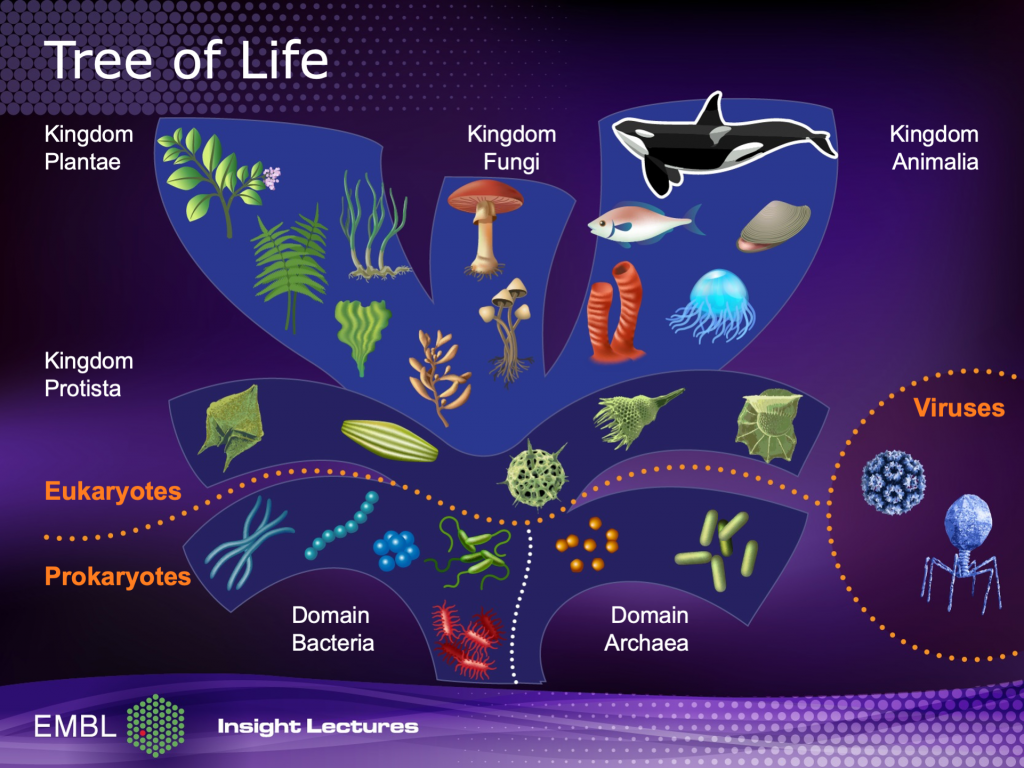
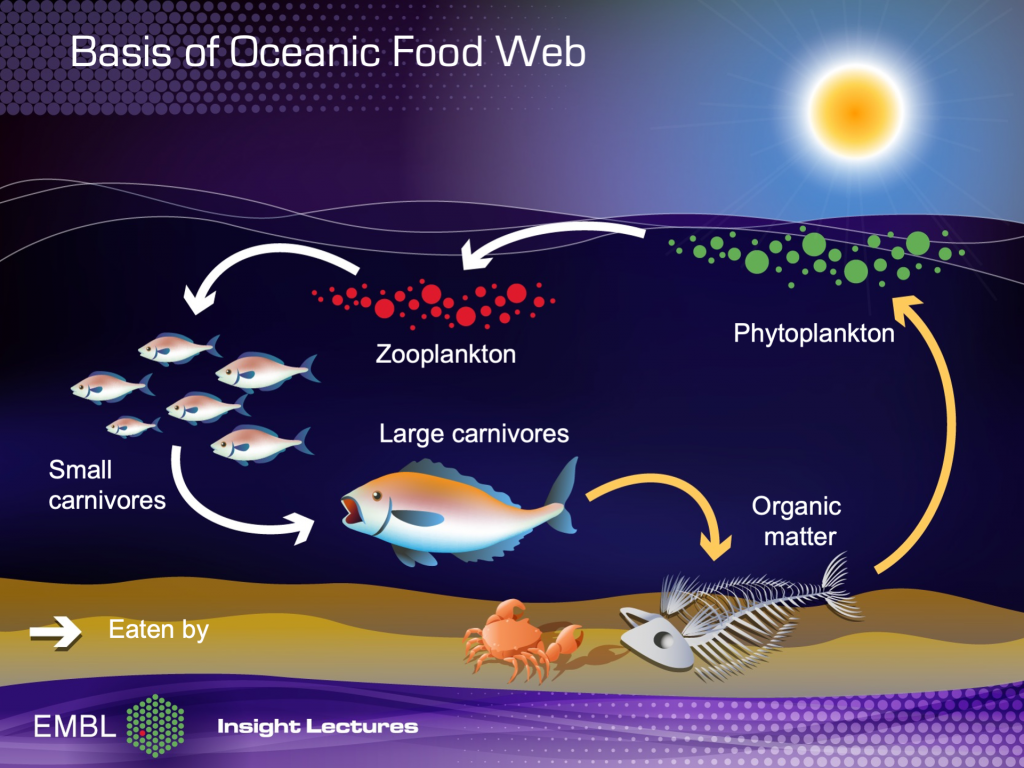
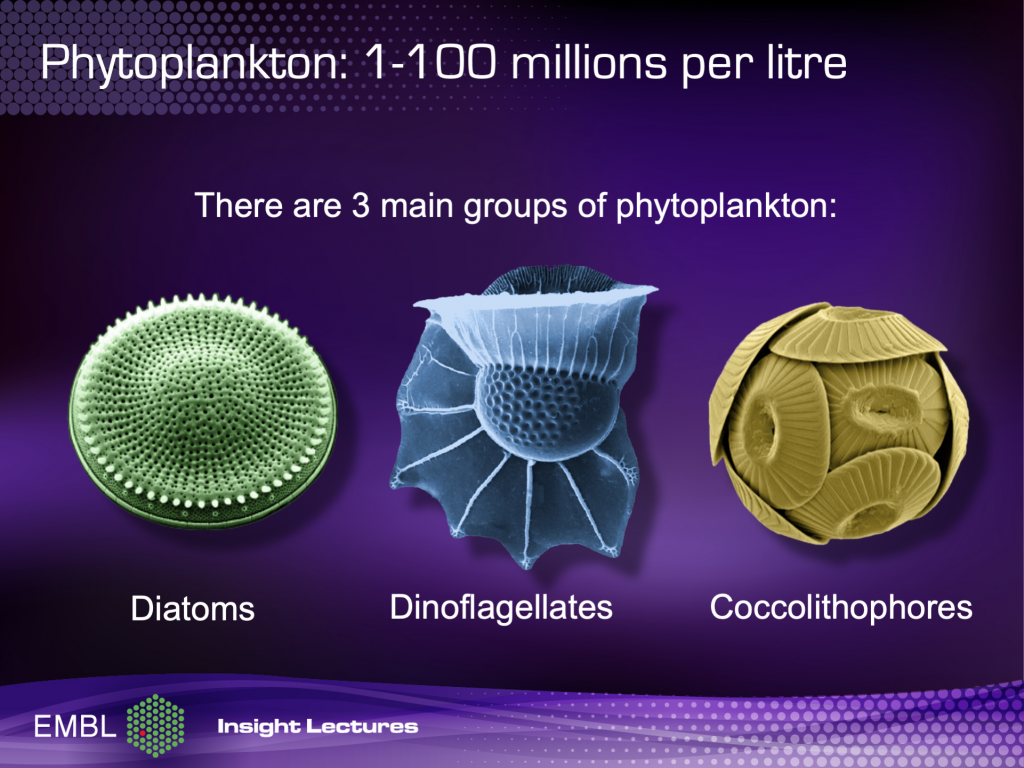
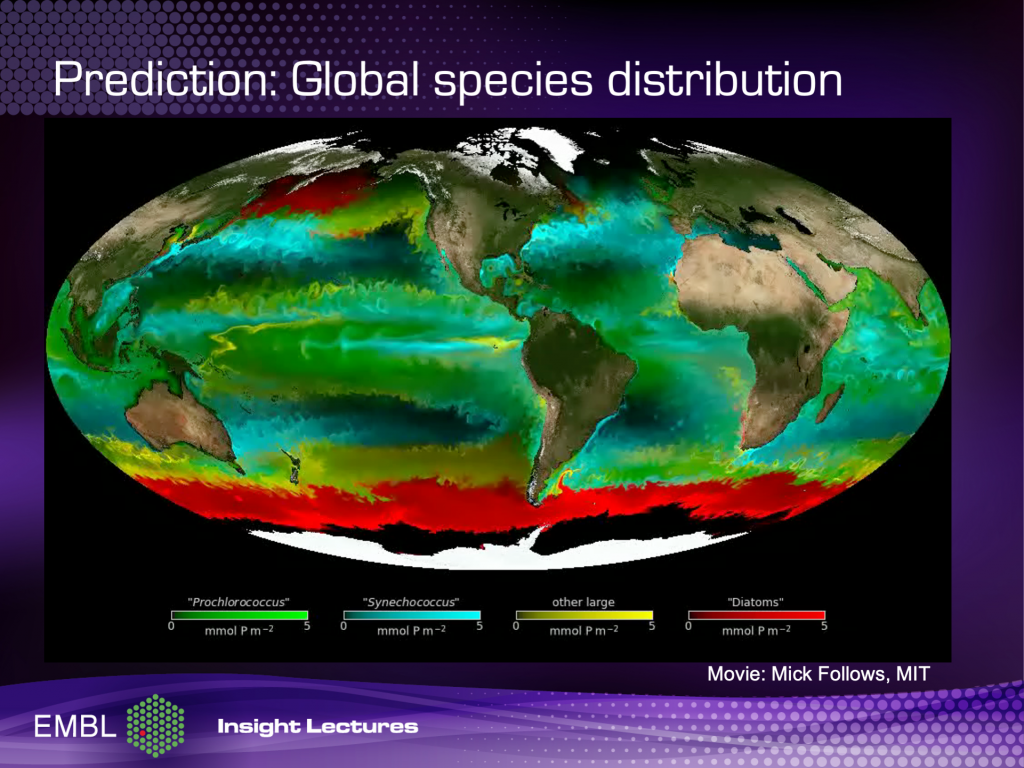
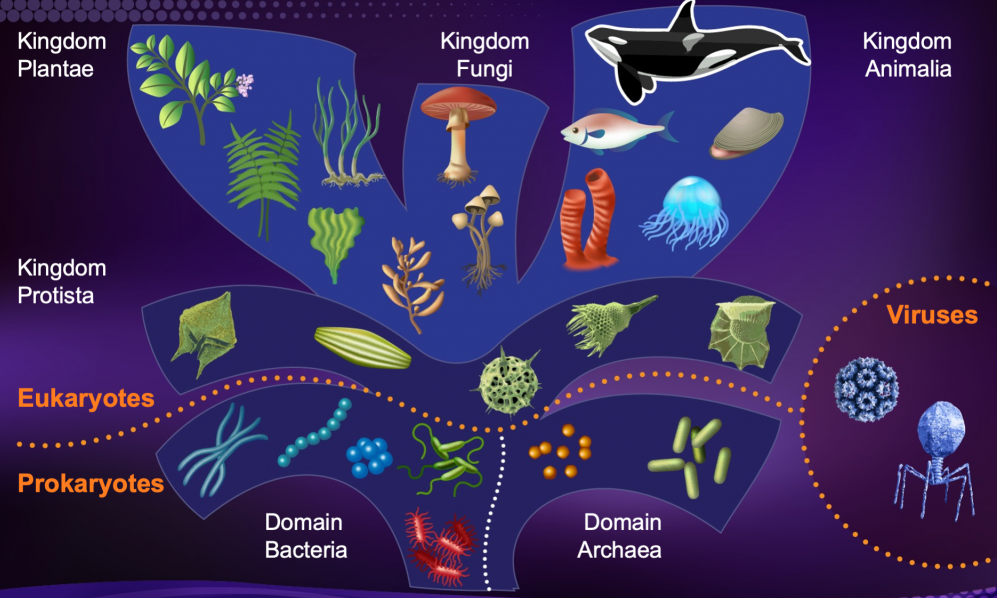
Topic area: Environmental biology
Age group: < 10, 14-16, 16-19
Share:

